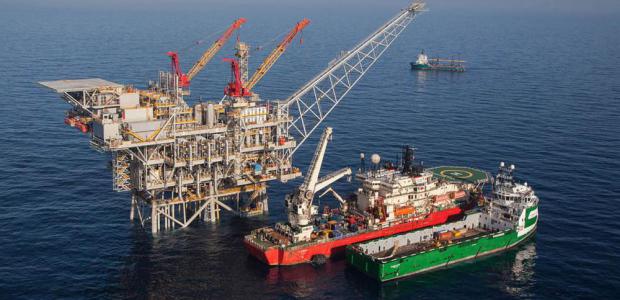The ongoing drama concerning Greece’s negotiations with the country’s creditors in search of a new bailout agreement is affecting the progress of energy-sector tenders as a result of concerns expressed by investors, waiting to see if the country will be forced to exit the eurozone.
A supply-and-installation tender for digital electricity power meters in various parts of Greeece has been extended to September 21, the fifth extension for this specific procedure. Prospective bidders cited technical concerns in their requests for the latest extension, but the country’s prevailing political uncertainty was the main motive. It is not the only tender being affected by the reform talks for a new bailout deal.
Investors in the field of hydrocarbons and submarine cable interconnection projects are also adopting wait-and-see approaches for projects concerning the Greek market.
Despite the government’s efforts, over recent months, to portray a positive picture on the level of major-player interest in an ongoing tender for exploration and exploitation rights to twenty offshore blocks in the Ionian Sea, western Greece, and south of Crete, the reality is that the lack of a bailout deal is having a detrimental effect on the tender’s prospects. Its deadline was recently extended to July 14 in a bid to assist apprehensive investors, who are waiting to see if a new bailout agreement will be struck by June, when the previous deal expires.
Though oil exploration companies have grown accustomed to working under challenging conditions in locations such as Iraq and other parts of the Middle East, even during periods of conflict, the political and financial risk entailed is offset, to a certain degree, by the fact that such regions have already been surveyed and chartered.
This is not the case for Greece’s twenty offshore blocks, still uncharted and unexplored. In fact, political uncertainty acts as an additional burden to the high costs demanded for exploration work in uncharted, deep-water areas, such as those in Crete’s south.
Companies considering taking part in a prospective tender for a submarine cable connection project to interconnect Crete and mainland Greece are also concerned about the country’s degree of political uncertainty and bailout deal stagnancy. At this stage, it remains unknown when the tender for this project will be launched.
Major international investors will continue keeping away from Greek tenders concerning public projects and all other forms of investment in Greece for as long as the state of political uncertainty remains.





